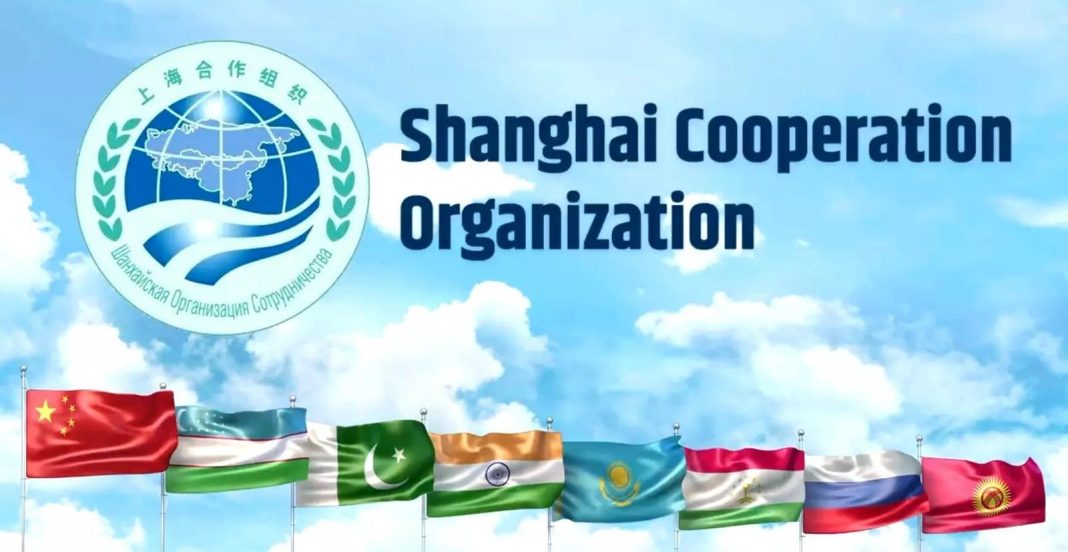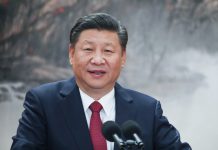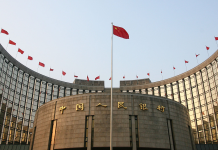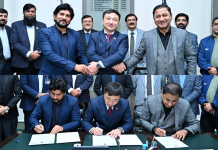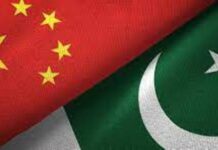From Gao Jiawei
The annual summit of the Shanghai Cooperation Organization (SCO) slated for early July is set to capture the world’s attention amid rising geopolitical tensions and regional conflicts. This year’s event will be held in Astana, Kazakhstan. High on the agenda are issues including the official admission of Belarus to the full membership, addressing internal safety challenges for members, and promoting economic cooperation among member states.
Advocating for peace and multilateralism amid growing uncertainties
The SCO matters to today’s multipolar world. Because it showcases the fundamental principles on how regional crisis and international issues should be addressed in a world with growing uncertainties.
Founded in 2001, the SCO was established as a grouping initially focused on security issues for China, Russia, Kazakhstan, Kyrgyzstan, Uzbekistan and Tajikistan.
While the western media fanfare will probably focus on the effectiveness of the SCO as they usually did before, pointing to the differences in national conditions, culture, and development stages within the grouping, the member states, under common security concerns and economic interests, can reach basic consensus on regional and international issues, advocating political solutions to resolving regional conflicts based on multilateralism and international law.
In the context of the Russia-Ukraine conflict, for example, SCO member states uphold a stance of neutrality, prioritizing communication with involved parties and emphasizing peaceful resolution through dialogue and negotiation.
This stance is in contrast to some western-led international organizations as they profess a commitment to peace but often do the opposite. At the recent G7 summit, a key topic was how to allocate the $50 billion in interest accrued from the illegally-frozen Russian assets to support Ukraine. This proposal has raised concerns among European nations, as the majority of the frozen Russian assets are held in EU countries. Any retaliatory measures from Russia would disproportionately impact Europe. The G7, while seemingly acting under the banner of “justice,” is in reality sacrificing the interests of EU countries to further supply Ukraine with more weapons and ammunition. The world needs a ceasefire and enduring peace, not an influx of military aid that will only prolong the conflict.
Growing voices within the international community are questioning the G7’s role and actions. People were on the streets to show their anger. On the summit’s opening day, a significant number of protesters gathered to condemn the G7 for its perceived failures in addressing environmental issues, promoting peace, and ensuring social justice.
Though the western-led framework’s influence on international affairs is on the decline, maintaining strategic autonomy is not easy for Central Asian countries.
After the Cold War, Central Asia became a geopolitical hotspot, overshadowed by power competition and interference from the outside. Meantime, terrorism, separatism, and extremism began to rise, destabilizing regional security. In response, Central Asian nations chose to defend themselves, prioritizing cooperation to ensure both national and regional security. The SCO emerged as a pioneering force, becoming the first to collectively target terrorism, separatism, and extremism. Over time, it developed a robust framework to effectively tackle these threats. Around the time of the SCO’s formation, the United States combined its anti-terrorism efforts with global expansion, linking the fight against hostile forces with the strategy of containing long-term potential competitors, particularly in Eurasia. Its military interventions under this strategy have only added more uncertainties to the region.
Despite external efforts to influence and intervene, Central Asia has remained largely stable, partly thanks to the role of the SCO.
Following the political upheaval in Afghanistan and the long-standing conflicts between Israel and Palestine, concerns over the growth of terrorism, separatism, and extremism in the region and their spread into China’s Xinjiang region have become increasingly evident.
This past March, a suicide bombing in northern Pakistan killed five Chinese workers at the Dasu hydropower project. The disastrous terrorist attack at the Crocus City Hall concert venue outside Moscow led to hundreds of civilian deaths. And the gunmen attack in Russia’s southernmost Dagestan province also inflicted a heavy toll. All these have prompted SCO member states to further tighten their security measures to counter potential threats.
Expanding to achieve more
Admitting more members to forge broader cooperation is an effective way to achieve deeper regional peace, stability, and security. The SCO now has nine official members, with India and Pakistan joining in 2017 and Iran becoming a member last year. Belarus will be welcomed as its tenth official state, as its membership appears to be a done deal.
Belarus’ accession to the SCO this year is poised to enhance information sharing and cross-border cooperation among member states in the fight against terrorism. This will bolster the SCO’s collective capacity in creating a robust defense framework for regional peace and stability. It also holds significance for other European countries, which are grappling with post-terror attack anxieties in Russia, as Belarus serves as an important gateway between Asia and Europe.
Belarus’ entry into the SCO underscores not just security implications but also economic cooperation. Facing political tensions and sanctions limiting trade with Europe, Belarus seeks to diversify its export opportunities. In 2021, trade between China and other SCO member states reached $340 billion, a 28-fold increase since the organization’s founding in 2001. This demonstrates the vast economic prospects that are crucial for Belarus’ strategic goals. On the other hand, Belarus’ unique geopolitical advantage allows the country to fully develop its potential in transit, industry, and technology, creating new opportunities for cooperation within the SCO.
SCO Deputy Secretary-General Sohail Khan recently expressed his expectation regarding Belarus’s entry, citing more economic contribution from SCO to the world with Belarus official membership. China also values more trade cooperation with Belarus, which is already strong under Belt and Road Initiative and will be strengthened within the SCO framework.
Besides expanding its official members, the SCO is also expected to include Algeria and Laos as new dialogue partners this year.
It seems that this expansion would not stop in the near future, as the SCO is showing the charm by leading the way for the development of the Global South. With more countries joining, the grouping is evolving into a balance power on the Eurasian continent, consistently championing equality and cooperation, the core for development in a multipolar world.
About the author:
Gao Jiawei, a reporter and commentator with CGTN Radio based in Beijing, focusing on international relations and China’s economy.

